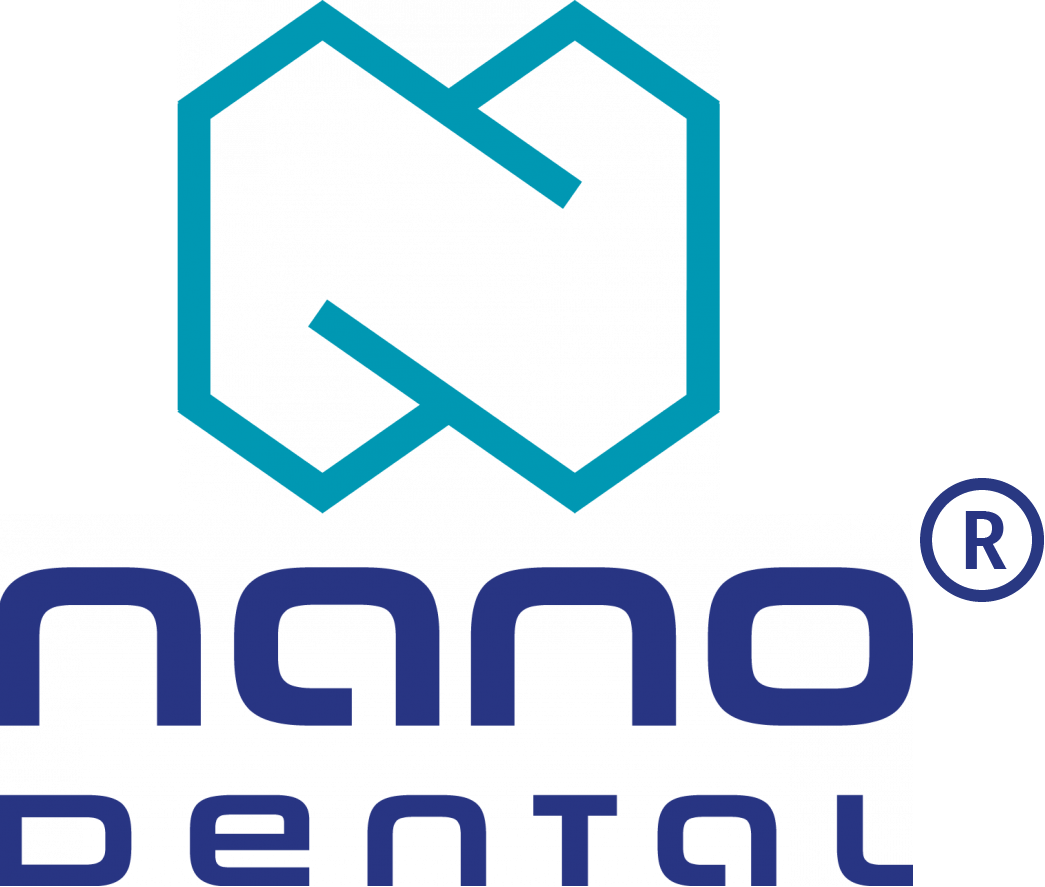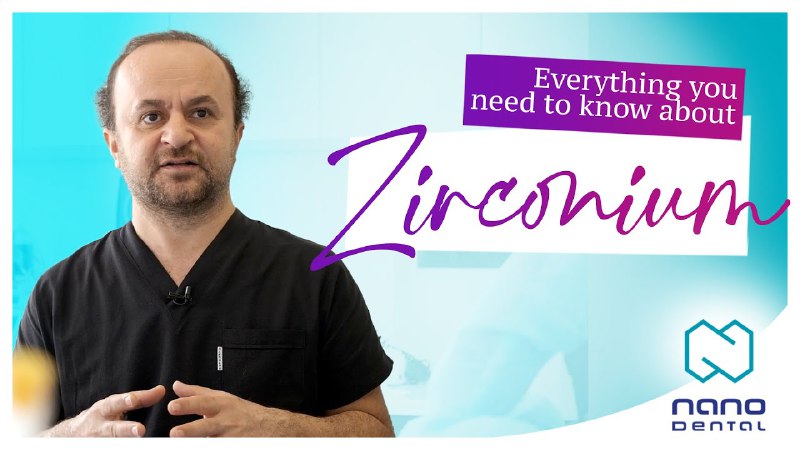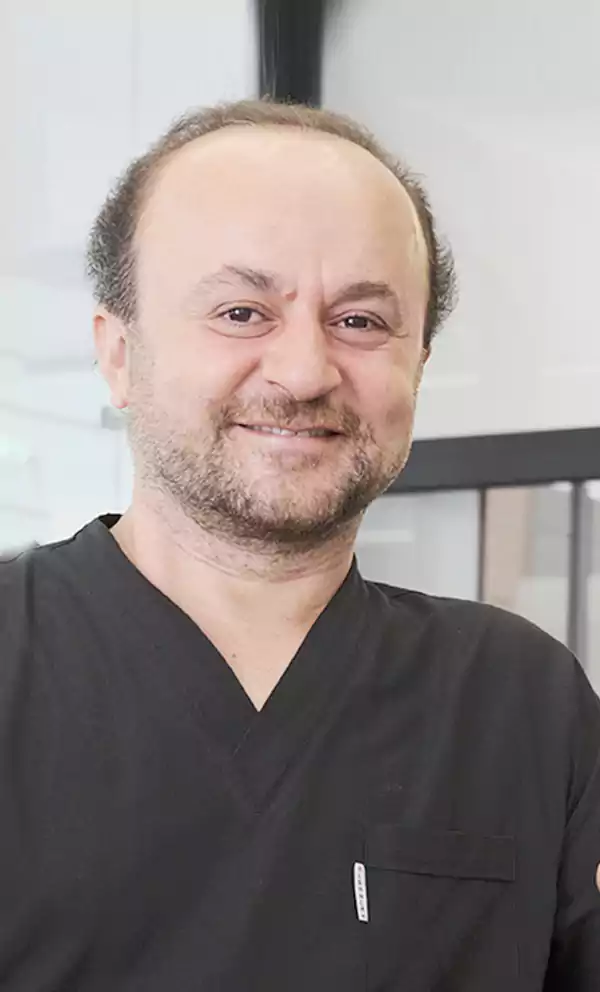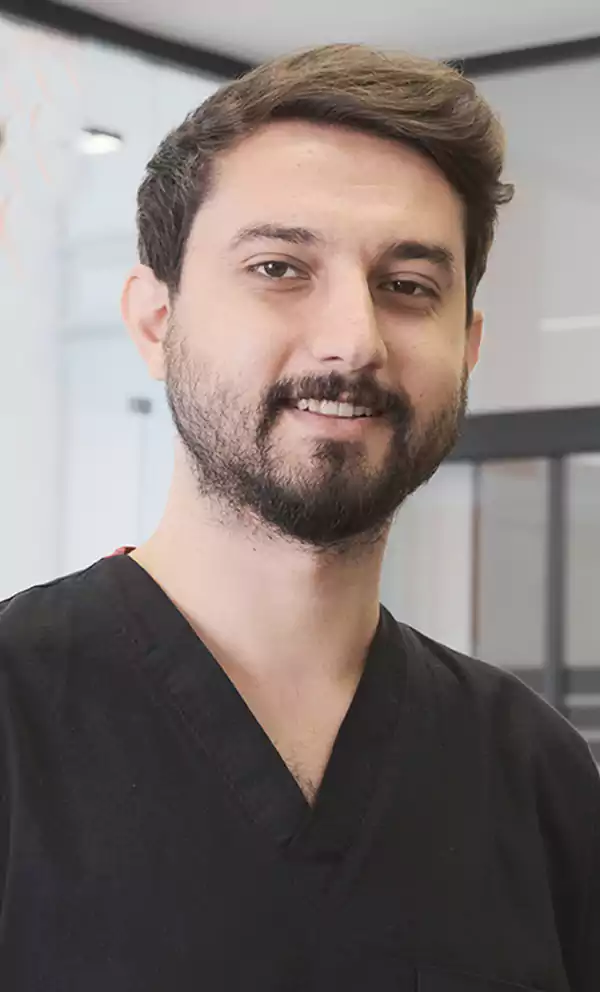Zirconium is one of the oldest minerals in the world and is abundant. It has biocompatibility with human bones and tissues.
The zirconium is frequently used in the medical applications that require a lot of durability and longevity such as artificial joints. In recent years, the people have preferred zirconium teeth instead of the metal-supported porcelain teeth.
Zirconium crowns are durable
Think about how many times you chew with your posterior teeth on a daily basis. Therefore, these teeth must be durable for long-term use. A zirconium crown easily withstands that constant pressure.
In this regard, zirconium is a good choice as it can provide the durability needed by the posterior teeth. It is also extremely easy to apply. Since zirconium is a biocompatible metal with your teeth, it does not require any preparation before the operation.
Zirconium crowns are long lasting
Many researches have been done on zirconium crowns. E.g; In a study published in 2017 in the Journal of Dentistry, which is known to dentists worldwide, it is stated that zirconium crowns last as long as metal-based crowns within a 5-year period of use.
In particular, it is stated that 'monolithic' zirconium crowns are more preferred in terms of longevity.
Zirconium crowns are biocompatible with your bone and tissue structure
Adverse consequences such as inflammation or immune system reactions are unlikely to occur in the zirconium treatment. Of course, the main reason for this is that the zirconium mineral is compatible with the chemistry of the human body, with a medical definition, it’s biocompatible. For this reason, it is often recommended by dentists to their patients.
Zirconium treatment is practical
It is definitely practical to cover your teeth with zirconium. You can have your dental procedure on the day you make an appointment, after your examination. Your dentist does not need to take the shape of your tooth and produce a mold in the laboratory. Computer-aided design/Computer-aided manufacturing (CAD/CAM) technology enables this.
With this method, your dentist only uses a dental milling machine to crown your tooth. Thus, your treatment process takes place in one visit, not in two visits.





